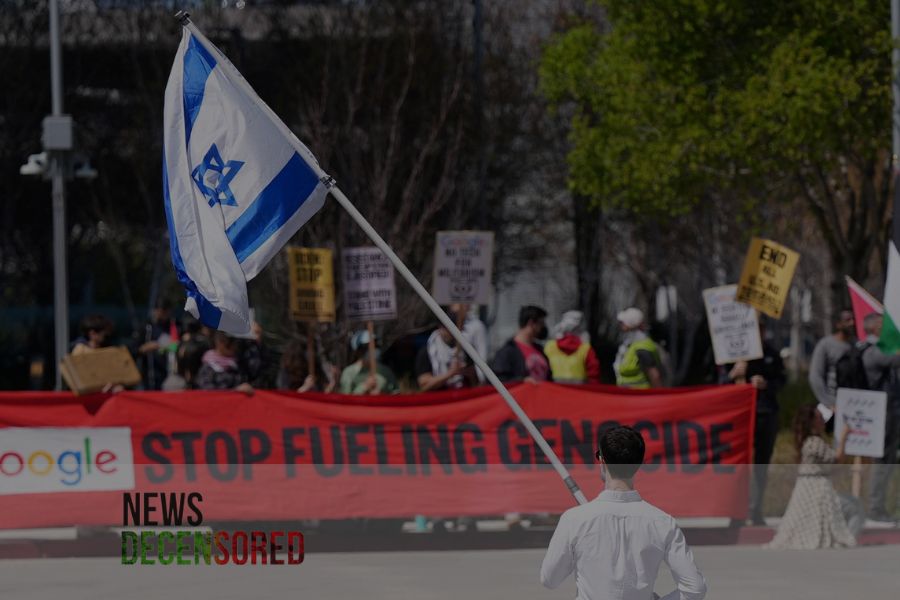Dozens of former Google employees have taken action against the company, complaining to the US National Labor Relations Board. This move comes after they were terminated or placed on administrative leave last month for participating in protests against Google’s cloud-computing contract with the Israeli government.
The complaint alleges that Google retaliated against these workers for engaging in “protected concerted activity,” namely, participating or being perceived to participate in a peaceful protest directly related to their terms and conditions of work.
According to No Tech for Apartheid, a group comprising Google and Amazon workers that organised the protest, the terminated employees sought reinstatement and back pay.
In response to these allegations, a Google spokesperson stated that the protests constituted employees disrupting and occupying workspaces, creating an environment where other employees felt threatened and unsafe. The spokesperson characterised the behaviour as completely unacceptable and emphasised that the company had carefully verified the involvement of each terminated employee in the disruptive activities.
Last month’s protests involved sit-ins by employees inside Google’s offices in New York City and Sunnyvale, California. In Sunnyvale, employees reportedly entered the office of Google Cloud CEO Thomas Kurian.
No Tech for Apartheid reported that 50 Google employees were fired in connection with the protests. The group claimed that some terminated workers were bystanders who did not actively participate in the activism.
Google confirmed it had investigated the April 16 events involving physical disruption inside their buildings. Additional employees directly engaged in disruptive activities were terminated following the investigation.
However, the affected workers argue they should not have been fired for protesting against the company’s actions. Zelda Montes, a former Google software engineer terminated for participating in the protest, asserted the importance of resisting Google’s repression of worker organising.
Benjamin Sachs, a law school professor, emphasised that employees can protest working conditions through concerted activity. He noted that protests regarding the nature of the work employees are asked to do can be protected, and even a sit-in, under certain circumstances, can qualify as protected activity.
The protests by Google workers against the company’s cloud-computing deal with Israel’s government have emerged amid ongoing tensions in the region. The demonstrations come in the wake of an attack by Hamas militants on October 7, which resulted in casualties in Israel, and subsequent counteroffensive attacks by Israel in Gaza, resulting in significant loss of life.
The civilian casualties in Gaza have sparked controversy and protests, prompting divisions within the American public. Demonstrations protesting the US government and corporate support for Israel have erupted on college campuses and within corporate America.
In response to the protests within Google, CEO Sundar Pichai, I sent a company-wide memo urging employees to refrain from bringing politics into the workplace. Pichai emphasised that Google is a business environment, not a platform for disruptive behaviour or political debates among coworkers.
The developments surrounding the protests at Google highlight broader societal tensions regarding corporate responsibility, political activism, and the ethical implications of business dealings in conflict zones. As the situation unfolds, it underscores the complexities of navigating workplace activism and corporate responses to employee dissent.















